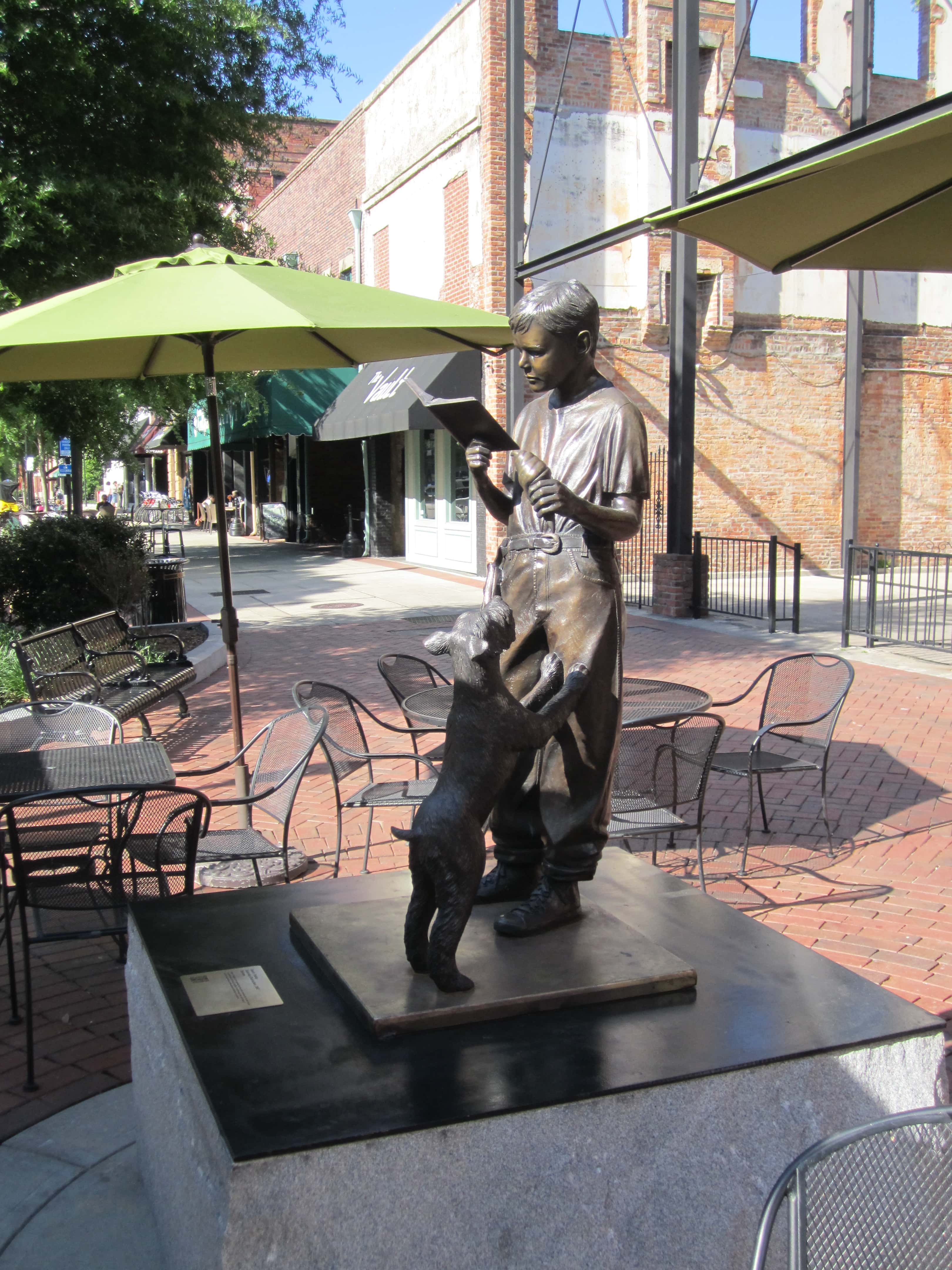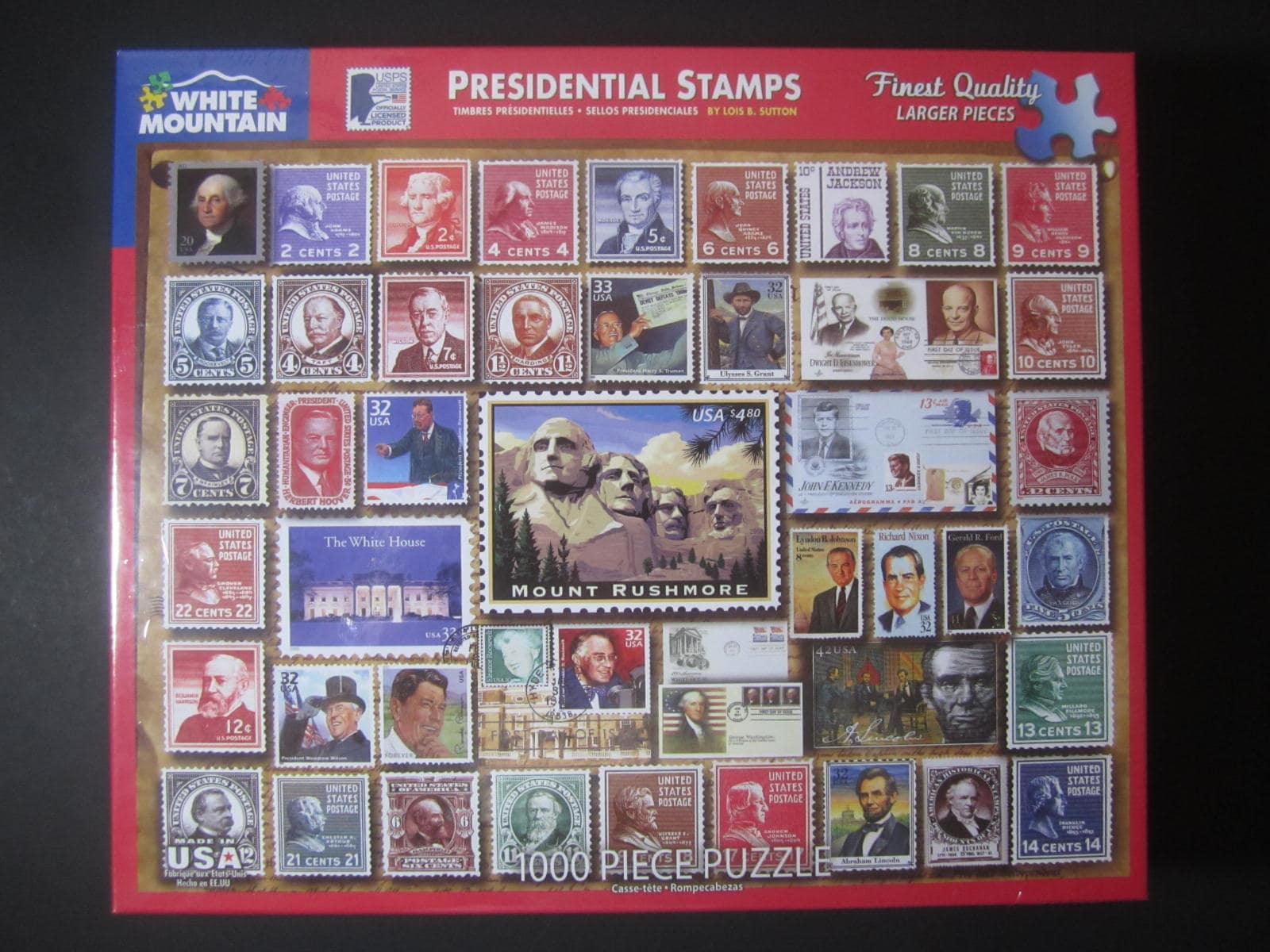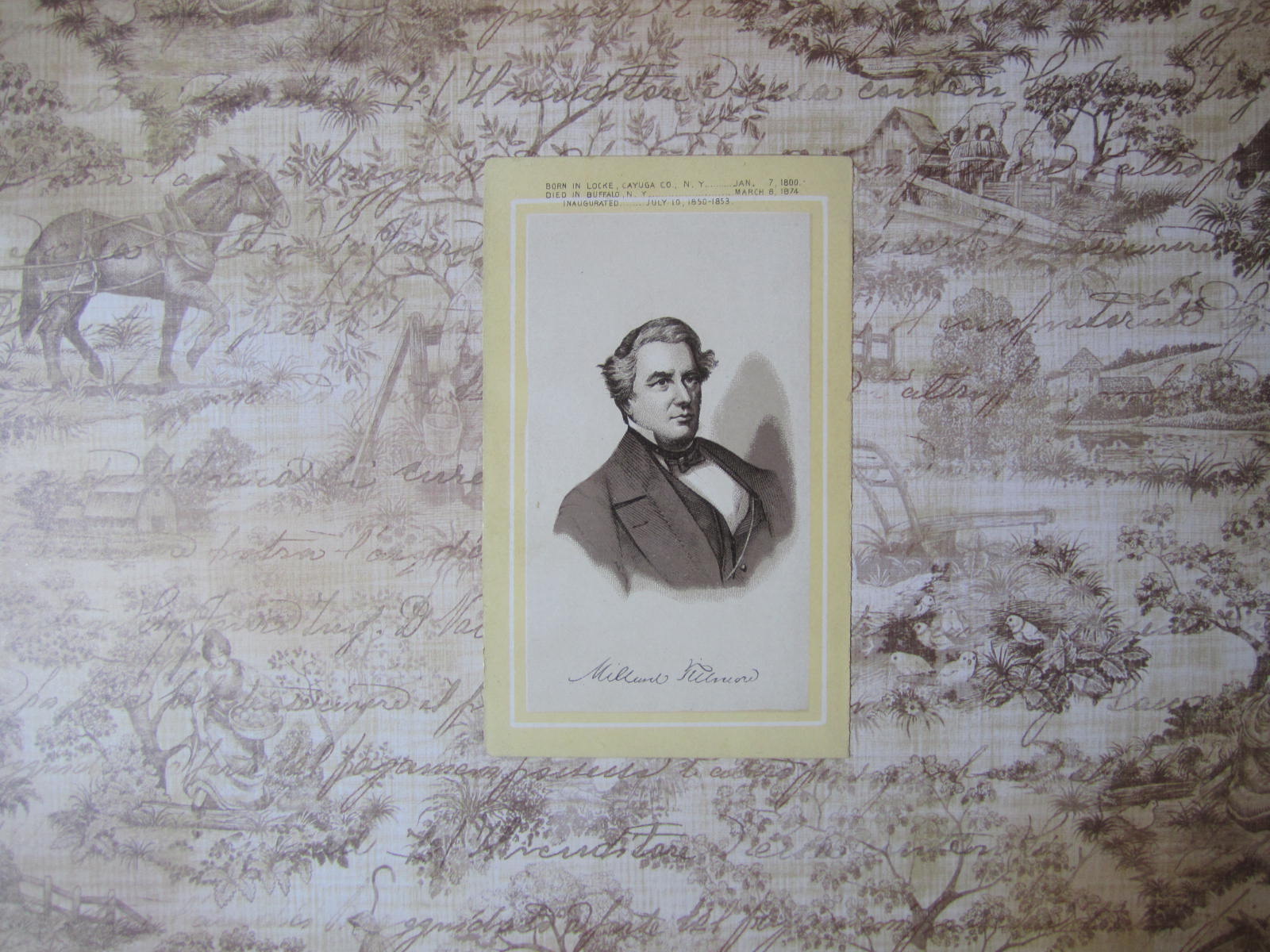I Don’t Know
I guess I’m just one of those old-fashioned guys. I will open the door for a stranger. I have a hard time calling someone older than me by their first name. I say thank you. I always let my wife pick the seat she wants and I always let her order first at a restaurant.
As an old-fashioned guy, I miss some of the things from my youth. I miss when cuss words weren’t part of the regular conservation. I miss kids looking up to their parents with glowing, respectful eyes. I know I always did and still do. I miss parents being parents and not worrying about being friends to their kids. I’m still confused as to when having a backbone became a bad thing.
I also miss when people actually talked to each other. I have sat in restaurants and watched couples hardly say a word to each other. Instead, they press away on their electronic devices. I remember the days I would get in trouble if I brought a toy to the table or if I got up before everyone was through.
But times do change and, unless you want to be a hermit out in the middle of nowhere, you have to adjust to that changing environment. Nowhere is that more true than when it comes to technology. In the old days, I use to love getting something new. I don’t get that same warm, fuzzy feeling when a new gadget comes out or a new operating system or an update or a new password needs to be given.
But for someone who has a passion for days of old, I think I do pretty well with technology. I’ll let you know a little secret: it’s not a natural gift. I’m pretty analytical and most technology works on logic, so, once I understand the logical steps I can start to figure a lot of things out. That’s not to say I don’t get frustrated in getting to that step.
I also love a challenge and learning. In a surprising type of way, I’m also very competitive. It’s not that I get upset with losing, I just like to give things my best effort and I like having a level playing field. I like being able to figure things out.
One of the methods I use to “figure things out” is books. For those of you who do not know what books are, they are pages and pages of paper wrapped in a colorful binder. On almost all these pages, there are words, real words, not luminous displays of letters. I especially love the step-by-step books with pictures that show you what to do. I also highlight, quite a bit, in my books. It makes it easier to find something when I need to find it again. Try using a highlighter on an electronic device. If you use a highlighter long enough, on an electronic device, it won’t be long before you won’t be able to see the screen.
When I decided to setup this website, I went out and purchased a bunch of books on websites, coding and getting traffic to visit your website. The simple reason: I knew nothing about setting up a website. Eventually I would get frustrated with the process. I wanted it to look a certain way and I was unable to figure out the coding to make it happen, even with all the pictures in the books. I had a programmer take my ideas and make them come alive. He set up six pages and taught me how to apply some of the programing I taught myself, and he showed me a few tricks he also knew. The website now has over 60 pages and there are over 240 blogs on it. I guess I took what I didn’t know and made it what I do know now.
Nativism is a political term Wikipedia describes as: “the political policy or practice of preserving or reviving an indigenous culture.” Wikipedia goes on to say that it is “more commonly described as an anti-immigrant position considering the policy to be one of protecting native interests against those of immigrants.” Several times in our history it has popped up. Even today, Nativism is very active.
I guess, whether Nativism is a good or bad thing depends on which side of the issue you stand. It usually comes up in periods of economic downturns or when prosperity declines. Immigrants, or people who are different, get blamed for those conditions. After all, when there are plenty of jobs, work and money, there is enough of each to go around, so there is no need to fuss.
In 1855, the Native American Party was renamed the American Party. This party was not only anti-immigrant, but also anti-Catholic. Their great emphasis was “purity” in the elections. They believed that was only possible if you kept immigrants and Catholics from the polls.
The reasoning on the Catholic side was that party members felt that Catholics were robots of their bishops and priests, and those bishops and priests would tell them how to vote. Most Catholics were also Irish immigrants.
There is a very good chance you have never heard of the American Party. It didn’t last long. There are many reasons for its decline, but a lack of support from prominent national leaders and the party’s difference of opinion, or split, on the slavery issue are the chief causes most historians credit for its demise.
When the American Party finally dissolved, most of its members moved to the Republican Party. This was because the Democratic Party embraced the immigrants.
When this President’s term was coming to a close, he was really torn as to whether he should run for President. He was a Whig, and it was just before the Whigs were about to disband. Many Whigs would come back together and would eventually form the Republican Party. But for this election the main Whig candidates, in addition to him, were Daniel Webster and General Winfield Scott.
At this time in our history, the Whigs were opposed to slavery, especially the northern Whigs. The Democrats, who mainly hailed from the south, strongly supported slavery. Their plantations depended on it.
This Whig President surprised, and angered, many northern Whigs when he signed and enforced the Fugitive Slave Act. This Act basically said that northern states had to return runaway slaves to their owners. The Whigs in the southern states were so upset with their northern counterparts and many of them strongly believed he was the only candidate who could unify the party.
At the Whig Party convention it was deadlocked until the 53rd ballot. Winfield Scott would win the nomination. Our President was now without a job. The major problem he faced was that he was the first President who wasn’t independently wealthy and there was no Presidential pension at the time. A friend, Judge Hall, promised him a law job, and that was the position this President was determined he would take.
For a lot of people, I’m sure it was just like any other day. The cool, brisk, breezy air was probably just like most of the days of that season. The sun was just starting to peek over the horizon. Many were asleep and trying to recover from their Saturday activities.
The two of them were different. They got up early. They had a task they needed to complete. It was in the quietness of that morning they figured they could concentrate on their task. No one would be around them. Besides, they were extremely depressed and they needed this quiet time to think things out.
They quickly gathered their things and headed in their task’s direction. They moved very quickly, because they were eager to get started. When they arrived at their destination, they noticed that someone, or something, made it impossible for them to do what they came to do.
Quietly, but frantically, they looked around for options to get them back on the right track. Soon they realized there were no real options. They could feel the dark clouds of depression attempting to cover them like a blanket. Uncontrollable tears filled their eyes. Sorrow cracked their heart. What in the world could they do? They could think of nothing.
They heard something behind them. Their tears were slowed by their curiosity of the rustling behind them. They didn’t know whether to be scared or angry. Was someone checking on their sobbing or were they there to do them harm? As they turned, they were shocked when they saw someone directly behind them.
First, our now former President wanted to take a tour of the south, after he left office, but before he started his law job. But his plans quickly changed when his wife, Abigail, caught a cold right after the new President’s inauguration. The cold turned into pneumonia. Less than a month after that inauguration his wife was dead. The saddened former President returned home to Buffalo to bury his wife.
The depressed President cut off all his social activities. He also didn’t have the enthusiasm to start his law career. Instead, he eked out a meager income from a few investments he had made.
As life started to return to normal, another tragedy struck. A little more than a year after his wife died, his only daughter, Mary, also died. She died of cholera. The now ex-President had started his recovery earlier in the year from his wife’s death and his daughter’s death didn’t seem to send him back into the same depression spiral.
He came out of seclusion as the nation was debating the merits of the Kansas-Nebraska Bill. This bill was introduced by Senator Stephen Douglas. It was meant to head off the divide over open territory that was now becoming states. Both sides of the slavery issues dug in their heels.
The President decided to take a tour. He was hoping it would lead to a Presidential nomination. He would find no such luck in his Whig party, which was now transforming into the Republican Party. He decided to take a vacation abroard. This kept him out of the ensuing slavery battles. Maybe he hoped that by not being in the fray, it might get him a Presidential nomination.
The Whigs, or Republicans, did not want Millard Fillmore as their Presidential candidate, but the American Party did. But the American Party had some major issues. Not everyone agreed with them on some of their strong views. The American Party members would organize secret meetings to discuss those issues. When members would come out of those meetings they would be asked questions. They didn’t want to upset the public because they knew they would never win the election that way. So, their standard response was, “I know nothing.” Everyone started calling them the Know Nothing Party.
In the election of 1856, James Buchanan, the Democrat, would receive 1,836,072 votes (45.3%) and 174 electoral votes. John C. Fremont, the Republican, would receive 1,342,345 votes (33.1%) and 114 electoral votes. Millard Fillmore would receive 873,053 votes (21.6%), but he would only win the state of Maryland and its 8 electoral votes.
Fillmore lost three southern states, Louisiana, Kentucky, and Tennessee, by less than 8000 votes. If those votes would have shifted to him, the election would have been thrown into the House of Representatives. Who knows how they would have voted then. One thing we do know for sure is that the Know Nothing Party didn’t do very well in the election.
The two Marys had come to the garden. Their heavy hearts were there to finalize their sorrow’s pain that Jesus was actually dead and gone. As the tradition of the day, they were also there to anoint his body as a final act before his grave would be sealed forever. Or as the Old Testament might state, so He could rest with His fathers.
When they arrived at the tomb, they knew they would have to get someone to roll away the heavy stone that blocked the entrance. They didn’t know who would help them or how they would actually get the stone moved, but they weren’t worried about that right now. They just wanted to get there quickly.
Their enthusiasm quickly faded upon their arrival at the tomb. The stone had already been rolled away. Had someone else already beat them to the task of anointing Jesus’ body? Horror overcame them as they peered into the tomb where Jesus’ body had been laying. It wasn’t there. Their first thoughts turned to who stole His body.
Quickly, they darted out of the tomb hoping to catch the culprit or at the very least be able to spot some clues as to which direction they might have gone. They found neither. They knew nothing of what they should do next.
So there the two Marys stood, heartbroken. All they could think to do was cry. As they stood there, they were startled by a sound. Then they turned and they saw someone standing there. They thought it was the gardener or someone who might know who took Jesus’ body or where Jesus’ body was. But they really knew nothing at that very moment.
One of the most frustrating, or often scariest, things is when we don’t know the answers or what to do. We want that feeling to go away so bad. We often make matters worse when we dwell on the not knowing. All kinds of wild ideas float around in our head. Maybe faith and action could team up and help us through those situations.
The website isn’t going to come into being if I think about all the stuff I don’t know. The electorate is probably not going to vote for you on what they don’t know about you. A relationship with Jesus is probably not going to evolve from what you don’t know about Him.
To develop a website you need to read up and study about websites. You need to ask for help and training when it gets too hard to understand. One of the worse strategies you can use if you are running for President is the appearance of not letting the people electing you know about you. Your hope is that the more they know about you, the more they will want to vote for you.
If you want a relationship with Jesus, you are going to have to learn about Him, but, more importantly, you are going to have to listen to His words. If the two Marys and the Disciples had better ears, they would have heard Jesus say that He would have victory over death and He would always be there for them.
Prayer: Dear Mighty Father, Help me in those frustrating times when I just don’t know. Please grant me the strength, courage, and drive to rise above my sorrows and frustrations. Let those effects lead me to a knowledge that can help me through any situation. Amen.



